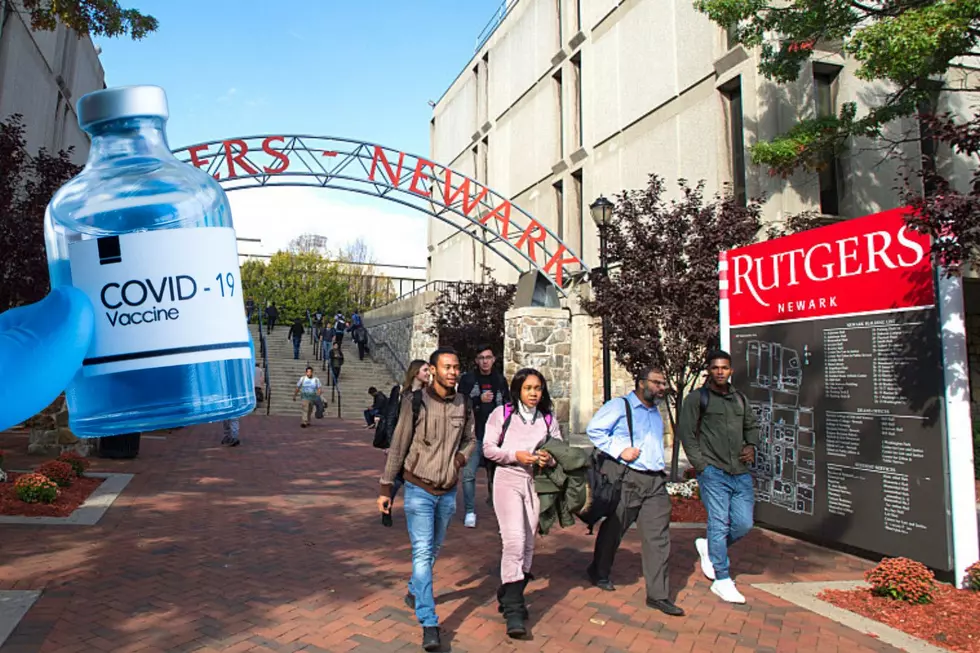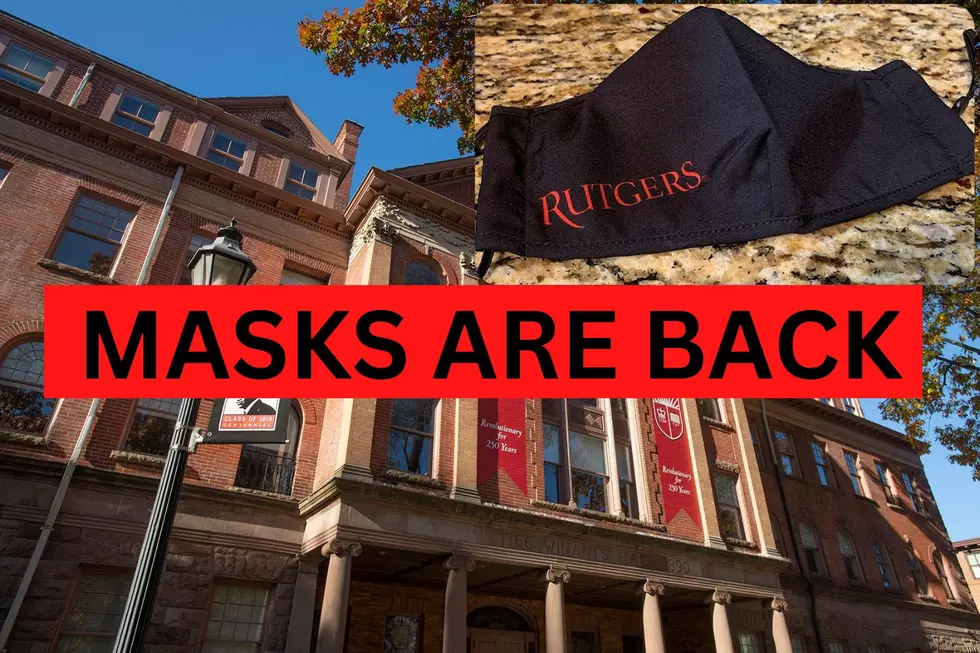
Rutgers touts success of program for long-term unemployed in NJ
Emerging from the rubble of the Great Recession, the establishment of the New Start Career Network in 2015 provided support to more than 6,000 New Jerseyans experiencing long-term unemployment over its initial six-year period.
That's according to Carl Van Horn, Rutgers University distinguished professor and director of the school's Heldrich Center for Workforce Development, which launched the program.
To illustrate the impact of those six years, Van Horn noted that one of the network's largest benefactors from the beginning was the Philip and Tammy Murphy Family Foundation.

But by the end of that time, Phil Murphy had gone from financier to governor of New Jersey, and was presiding over the state's response to the COVID-19 pandemic.
The health crisis ushered in new and different conditions for unemployment, but Van Horn said the lessons learned by the New Start Career Network proved valuable then and will continue to do so moving forward.
Not as 'internet-savvy' as younger generations
Van Horn said the network would not work without the efforts of some 400 volunteer coaches who were able to provide advisement either in groups or one-on-one, especially regarding web-based services to help people get back into the labor market.
It has been their intervention, Van Horn said, that's been New Start's most important element.
"Many of those folks don't really have a lot of experience looking for work, and they may not be as internet-savvy as the younger generation," he said. "Volunteers, again, were extremely important in making this a successful program."
A new report on the effectiveness of the program found, even beyond the numbers according to Van Horn, that job-seekers need sympathy and to be well-informed.
The numbers were no slouch, either: 9 in 10 said they would recommend the program to a friend, and 8 in 10 felt it provided them "essential emotional support."
Mental health needs of job-seekers should be addressed
And the emotional side of things is one Van Horn feels is underreported. The last thing a long-term unemployed worker needs, he said, is another bill, and all too often services beyond unemployment insurance are not available without a price tag.
"Being unemployed, especially long-term unemployment that lasts six months, a year, two years, affects people's mental health and it makes it difficult for them actually to be successful searching for a job," he said.
So going forward, he recommends that the state take a look at its financial commitment to mental health services for this population who are aging, may lack a certain level of formal education, and/or whose chosen industry may be declining in terms of New Jersey's overall economy.
"It doesn't necessarily provide the guidance and counseling that people need when they become despondent and really don't know how to get out of that mindset that they're in," Van Horn said.
Nearly 4 in 10 (38%) of survey respondents in the report said they had obtained a new job following their participation in the New Start Career Network.
Patrick Lavery is a reporter and anchor for New Jersey 101.5. You can reach him at patrick.lavery@townsquaremedia.com
Click here to contact an editor about feedback or a correction for this story.
LOOK: These Are the 50 biggest retailers in America
LOOK: 31 breathtaking images from NASA's public library
LOOK: What are the odds that these 50 totally random events will happen to you?
More From Beach Radio










